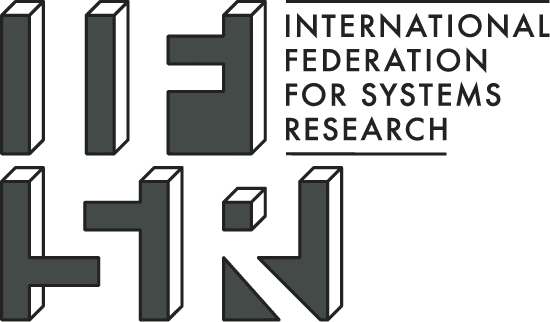Homepage > Agenda & Activities > IFSR Agenda 2022 – Rethinking Agency
Rethinking Agency
What does agency mean in times of systemic crisis? How can it be rethought so as not to reproduce failing systems? And what role can the systems community play in enabling such rethinking?
The IFSR 2022 agenda recognises that the inherited notion of agency, as individual purposive action or institutional response, is no longer adequate. In the Anthropocene, where crises overlap and reinforce one another, agency risks being either blocked by rigid institutions or captured by structures of power that perpetuate harm. What appears as action often serves as buffering and denial. The challenge is not to act more, but to act differently.
Agency, the authors argue, must be reconceived as co-agency: relational, distributed, emergent. It is less a property of actors than of their interrelations. Systems thinking thereby turns from modelling outcomes to cultivating capacities for shared sense-making, reflexivity, and learning. The cyber-systemic community is called to create spaces in which conversations can unfold that open up agency rather than close it down, where institutions can be re-designed to enable responsiveness rather than rigidity, and where governance becomes participatory and adaptive.
The agenda is thus not prescriptive but invitational: to work across boundaries, to practice humility in the face of complexity, and to foster new forms of collective responsibility. Agency, in this sense, is less a matter of control than of cultivating the conditions in which new possibilities of action may emerge.
- Agency must be reconceived as relational and emergent.
- Failing systems block or capture agency.
- The cyber-systemic community’s task is to enable co-agency through conversation, reflexivity, and institutional renewal.
The 2023 agenda is an opening to go beyond the prevalent theories of change.
Klein, Louis, Pamela Buckle, Nam Nguyen, Rika Preiser, and Ray L. Ison. ‘Rethinking Agency—The 2022 Agenda for the Systems Community’. Systems Research and Behavioral Science 38, no. 6 (2021): 717–20. https://doi.org/10.1002/sres.2827.
